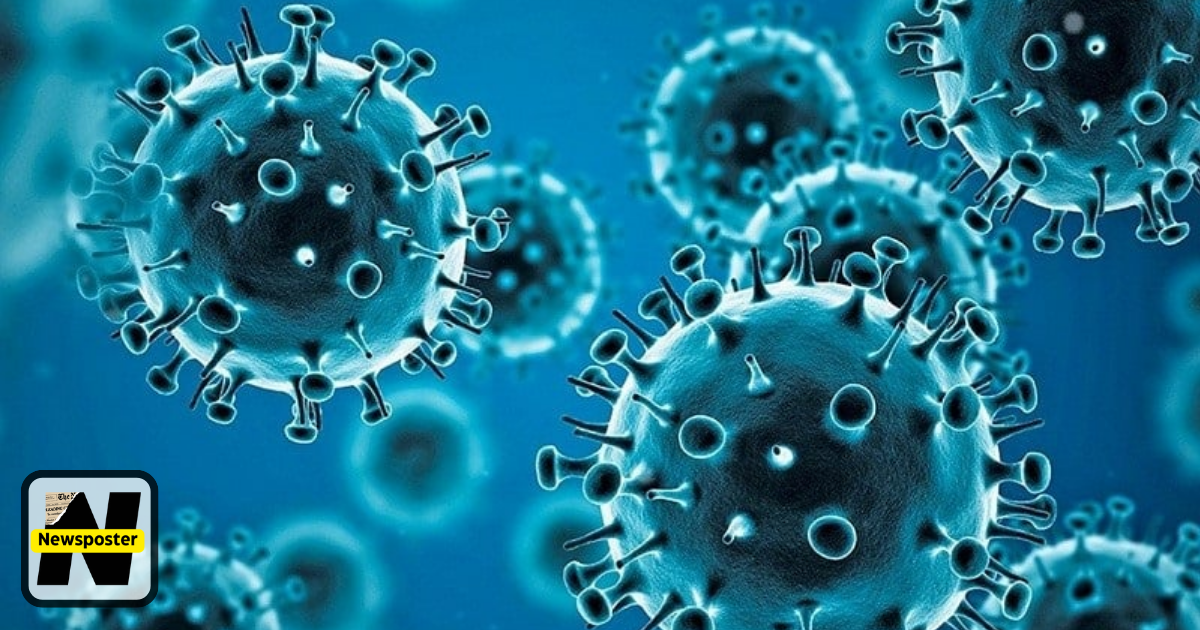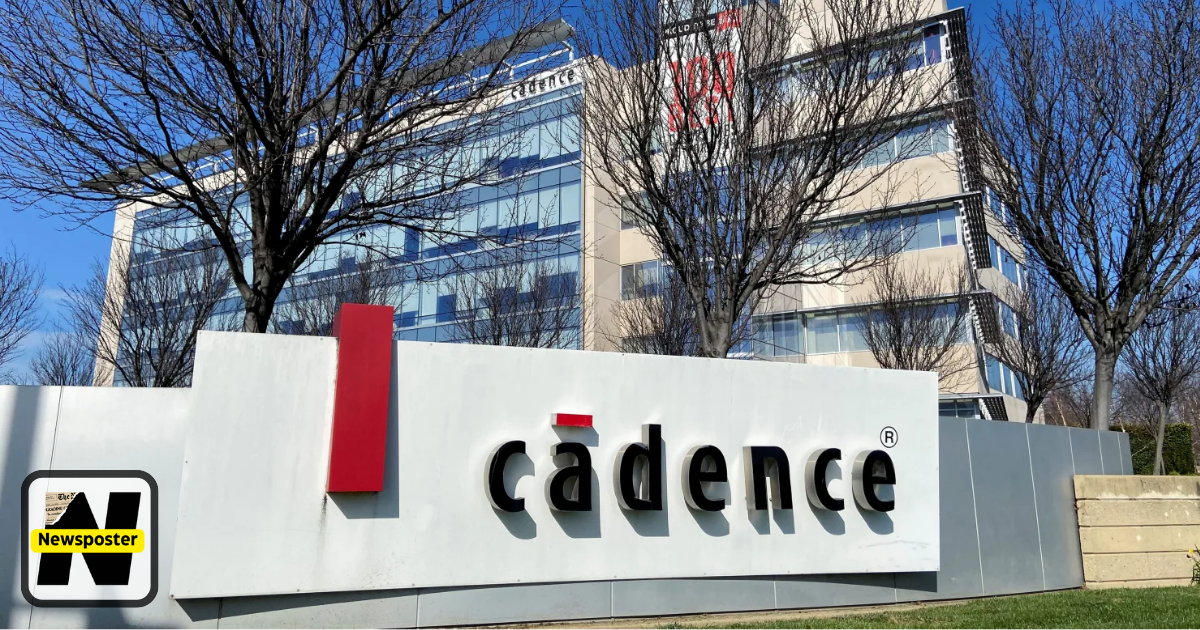Cadence Design agreed to plead guilty and pay over $140 million to resolve U.S. government charges related to selling chip design products to a Chinese military university linked to nuclear explosion simulations, the Justice Department announced Monday.
The company was accused of violating export controls by providing chip design software and hardware to front companies connected to China’s National University of Defense Technology (NUDT). U.S. Commerce Department notices have identified NUDT’s supercomputers as supporting nuclear and military simulation activities, leading to restrictions on shipments to the university.
Based in San Jose, California, Cadence acknowledged the legal charge in its quarterly financial results released the same day. Following the announcement, Cadence shares rose nearly 8%. The agreement underscores that the U.S. continues to enforce export controls against China despite ongoing trade negotiations that have eased some restrictions.
NUDT has been on the Commerce Department’s restricted trade list since 2015, preventing it from acquiring U.S. technology for its supercomputers. Additional aliases and related entities were added to the list in subsequent years. The U.S. investigation into Cadence began over four years ago, focusing on historic sales to Chinese customers. The company received subpoenas from the Commerce and Justice Departments demanding records related to its Chinese business activities.
Entities placed on the restricted list are viewed as threats to U.S. national security or foreign policy, barring shipments without special licenses that are typically denied. Cadence serves major semiconductor firms including Nvidia and Qualcomm and is known for its electronic computer-aided design software, essential for chip development and verification.
NUDT’s development of supercomputers like Tianhe-2, once the world’s fastest, has drawn U.S. scrutiny due to its suspected use in nuclear weapons research. Cadence reported that 12% of its revenue last year came from China, down from 17% the previous year amid regulatory and geopolitical pressures.











